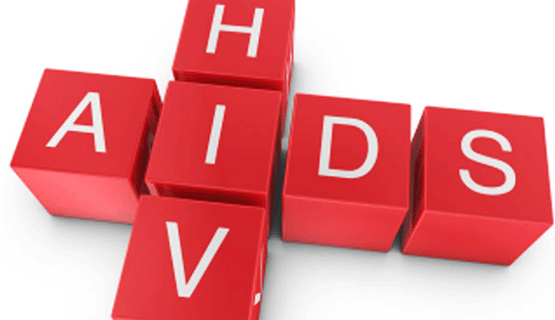
HEALTH experts in the Midlands province have expressed concern over the sharp rise in sexual activity among adolescent girls, particularly in areas where gold panning was rife, saying the trend could reverse the gains the country has made in reducing new HIV infections.
BY NUNURAI JENA
Speaking to journalists during National Aids Council media tour last week, the sister-in-charge at Silobela Clinic, Mary Chin’ono said statistics showed that there has been a steady increase of young women testing positive to cervical cancer in the area.
Chin’ono said the high poverty levels had triggered an increase in school dropouts and sexual activity among adolescents.
“These girls are affected by poverty. Remember this is a gold panning community, children are dropping out of school going to work in gold panning and some due to lack of school fees…so idleness will result in girls engaging in sexual activities at an early age,” Chin’ono said.
Meanwhile, Kwekwe’s HIV and Aids prevalence rate still remains high at 20,3% against the national rate of 15%.
National Aids Council Kwekwe district co-ordinator Elison Kombora attributed the district’s high prevalence rate to gold panning, which was enticing sex workers and informal traders.
“We are targeting gold panners because we have a high substantial figure of them have disposable incomes and because of those incomes they are prone to risky behaviours and they are targets from sex workers,” Kombora said.
- Chamisa under fire over US$120K donation
- Mavhunga puts DeMbare into Chibuku quarterfinals
- Pension funds bet on Cabora Bassa oilfields
- Councils defy govt fire tender directive
Keep Reading
The country continues to have hot spots of high HIV transmissions and these include border towns, growth points, small-scale mining areas, fishing camps, commercial farming settlements.










